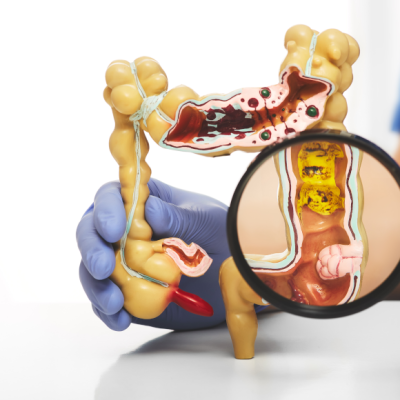New research from the University of Saarland has discovered the cause of a rare side effect of mRNA vaccines against SARS-CoV-2. In approximately one to ten out of 100,000 cases, the vaccine can trigger myocarditis, or inflammation of the heart muscle. This side effect is more common in young men. However, the good news is that vaccine-induced myocarditis is typically milder than myocarditis caused by Covid-19. The researchers found that the vaccine can trigger the production of autoantibodies against the body’s own anti-inflammatory molecule, Interleukin-1 receptor antagonist (IL-Ra). These autoantibodies can also be found in people with severe Covid-19 and in children with the Multisystem Inflammatory Syndrome (MIS-C).
The researchers examined 40 patients who had developed myocarditis after receiving an mRNA vaccine against SARS-CoV-2. They also studied a control group of 214 healthy vaccinated individuals and 125 people who had developed myocarditis for other reasons. The researchers found that 75% of the vaccinated patients with myocarditis had autoantibodies against IL-Ra in their blood. IL-Ra is a molecule that blocks the docking sites of the inflammatory messenger Interleukin-1 on the surface of cells, thereby preventing inflammatory immune reactions. The researchers also found that the autoantibodies were more likely to be present in men with vaccine-induced myocarditis who had an atypical form of IL-Ra with an additional phosphorylation.
Despite this discovery, experts emphasize that the benefits of mRNA vaccines against SARS-CoV-2 far outweigh the risks of mild myocarditis. Vaccines have prevented countless severe cases of Covid-19 and saved many lives. The researchers also note that the immune system usually regulates itself, and high-potency interleukins have natural antagonists. Further studies are needed to understand why some people develop autoantibodies against IL-Ra after vaccination, while others do not.










